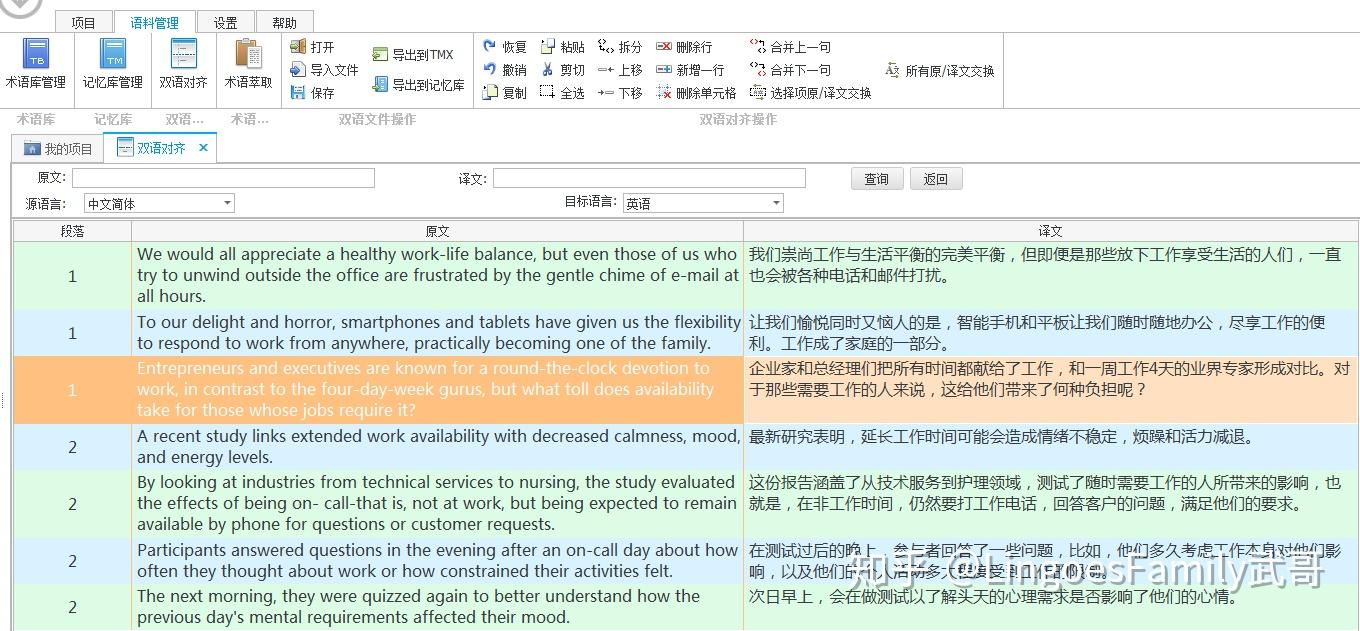
Taking into account the importance of documentation and electronic-tools literacy in Public Services Interpreting and Translation (PSIT) training (Sánchez Ramos and Vigier Moreno, 2016: 378), referred to as information mining and technological competences by the EMT Expert Group (2009), I designed a translation activity combining WebBootCat and Trados. Present the results of a pilot study conducted on MA students who used WebBootCat and Trados to translate a specialised text from French into Greek on the mental health issue of schizophrenia they were then interviewed using a semi-structured oral questionnaire to examine their attitudes towards such a Web documentation tool on the one hand, and the combination of this source with a CAT tool on the other.Present the results of a case study of automatic construction of a medical comparable corpus in Greek and English on the subject of childhood acute lymphoblastic leukemia with WebBootCat.Analyze the methods of using Google to investigate the search results as in a concordancer.In order for the above goals to be achieved, the following will be carried out:


The web has made it possible to gain access to thousands of on-line documents and highly specialised texts, consult comparable texts on the same subject in several languages, locate translated texts, and build ad hoc corpora using Google. The advent of the Internet is perhaps the most revolutionary aspect of the development of written language corpora. Keywords: Corpus especializado ad hoc WebBootCat Traducción especializada Formación del traductor. Los textos tratados en este trabajo provienen del área de la salud, que es un sector importante de los servicios públicos. Tomando en consideración la importancia de las capacidades de documentarse en la formación de traductores de textos especializados, en este artículo se examinará el uso de la Red como un Mega Corpus que se puede leer directamente con Google y como medio de construcción de córpora de manera automática con la ayuda del soporte WebBootCat. La red ofrece la solución más conveniente e inmediata al otorgar acceso a datos lingüísticos actualizados que presentan los términos en contextos originales que ayudan a pasarse de las deficiencias de los recursos lexicográficos en forma de libro. Sin embargo, aún mayor resulta el reto de conformar el ambiente textual con las colocaciones apropiadas (adjetivos, substantivos, verbos) alrededor de esos términos. Uno de los retos clave a que se enfrentan los traductores de textos especializados y los estudiantes de traducción es encontrar los equivalentes de términos en la L2 del área en cuestión. Keywords: Ad hoc specialised corpora WebBootCat Specialised translation Translator training. The texts dealt with in this paper are from the healthcare field, which is an important sector of the public service. Taking into account the importance of documentation skills in the training of translators of specialised texts, this paper examines the use of the Web as a Mega Corpus that can be read directly with Google and as a means for constructing corpora automatically with the help of the WebBootCat software.

The web offers the most convenient and immediate solution by providing access to updated language data presenting the terms in original contexts that help overcome the shortcomings of hard copy lexicographic resources. A greater challenge, however, is the formation of the textual environment with the appropriate collocations (adjectives, nouns, verbs) for those terms in the language for special purposes (LSP).

One of the key issues faced by translators and translation students of specialised texts is finding the equivalents of terms in L2 of the field in question.


 0 kommentar(er)
0 kommentar(er)
